TEPCO and Toyota develop stationary storage battery system using EV batteries
Green Car Congress
JUNE 3, 2023
(TEPCO HD) and Toyota Motor Corporation (Toyota) have developed a stationary storage battery system (1 MW output, 3 MWh capacity) that combines TEPCO’s operating technology and safety standards for stationary storage batteries and Toyota’s system technology for electrified vehicle storage batteries.

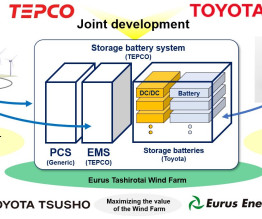
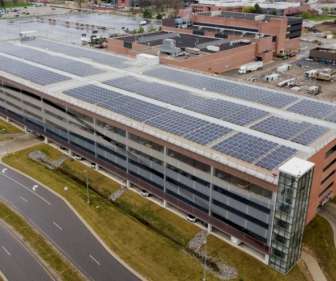
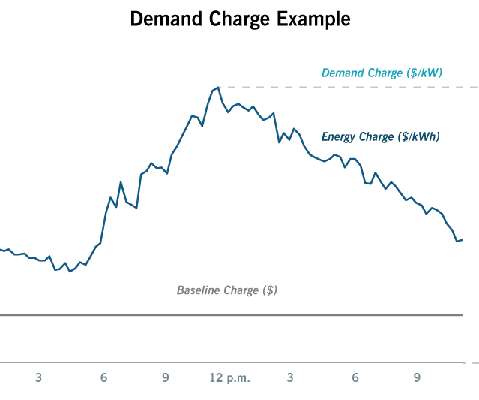
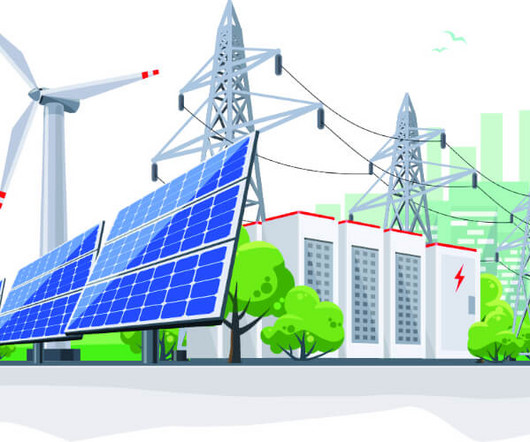
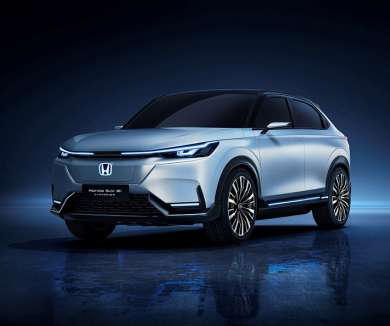









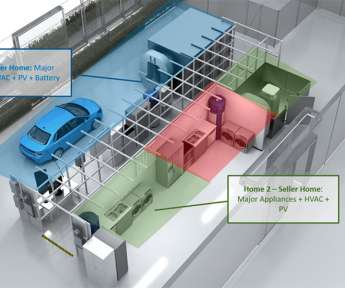

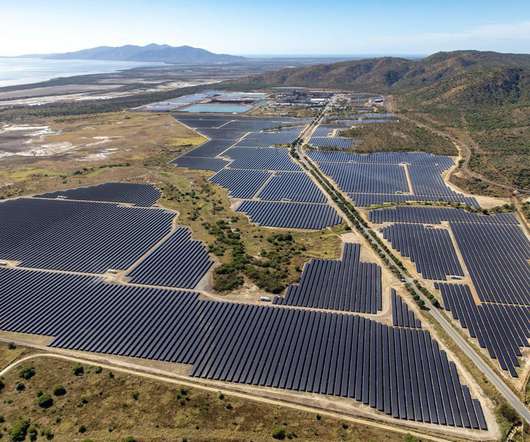

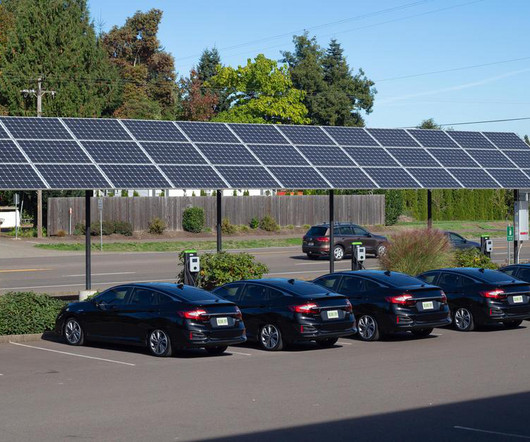


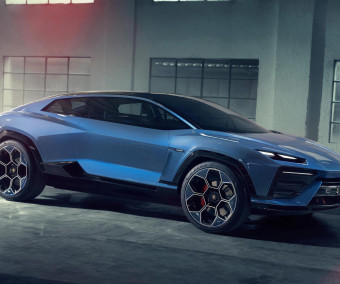
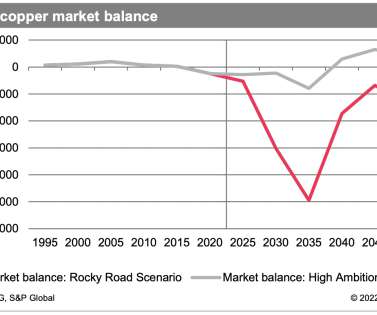

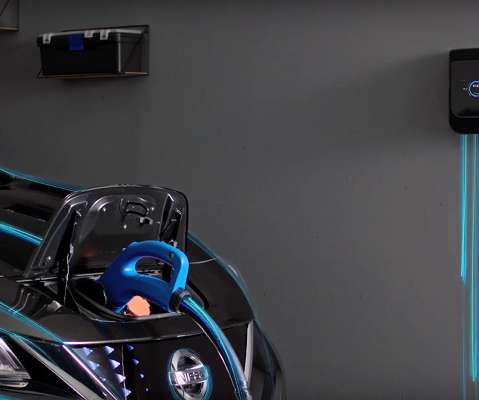
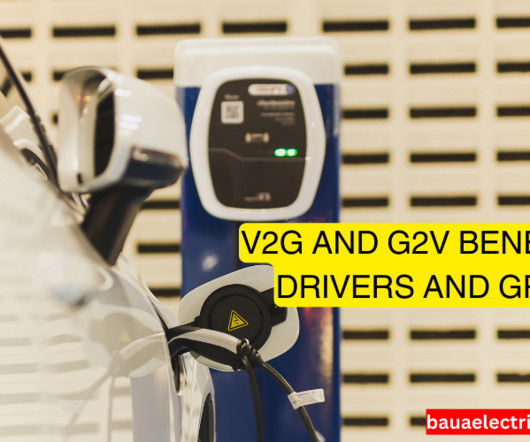














Let's personalize your content